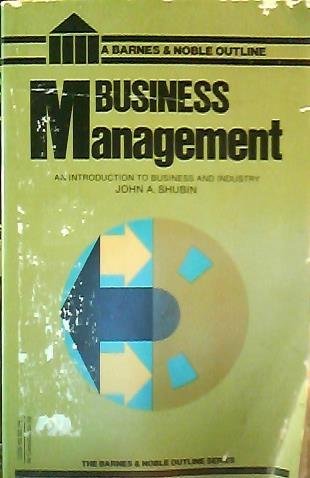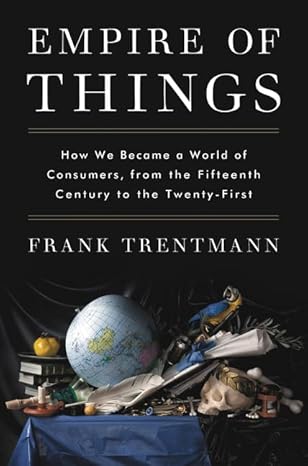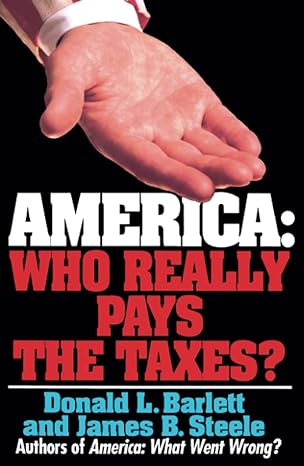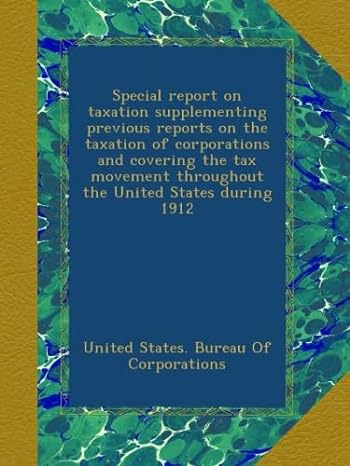Go back

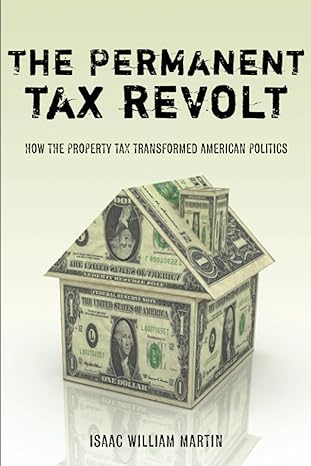
The Permanent Tax Revolt How The Property Tax Transformed American Politics(1st Edition)
Authors:
Isaac William Martin

Cover Type:Hardcover
Condition:Used
In Stock
Shipment time
Expected shipping within 2 DaysPopular items with books
Access to 30 Million+ solutions
Free ✝
Ask 50 Questions from expert
AI-Powered Answers
✝ 7 days-trial
Total Price:
$0
List Price: $59.98
Savings: $59.98(100%)
Solution Manual Includes
Access to 30 Million+ solutions
Ask 50 Questions from expert
AI-Powered Answers
24/7 Tutor Help
Detailed solutions for The Permanent Tax Revolt How The Property Tax Transformed American Politics
Price:
$9.99
/month
Book details
ISBN: 0804758719, 978-0804758710
Book publisher: Stanford University Press
Get your hands on the best-selling book The Permanent Tax Revolt How The Property Tax Transformed American Politics 1st Edition for free. Feed your curiosity and let your imagination soar with the best stories coming out to you without hefty price tags. Browse SolutionInn to discover a treasure trove of fiction and non-fiction books where every page leads the reader to an undiscovered world. Start your literary adventure right away and also enjoy free shipping of these complimentary books to your door.
Book Summary: Tax cuts are such a pervasive feature of the American political landscape that the political establishment rarely questions them. Since 2001, Congress has abolished the tax on inherited wealth and passed a major income tax cut every year, including two of the three largest income tax cuts in American history despite a long drawn-out war and massive budget deficits. The Permanent Tax Revolt traces the origins of this anti-tax campaign to the 1970s, in particular, to the influence of grassroots tax rebellions as homeowners across the United States rallied to protest their local property taxes. Isaac William Martin advances the provocative new argument that the property tax revolt was not a conservative backlash against big government, but instead a defensive movement for government protection from the market. The tax privilege that the tax rebels were defending was in fact one of the largest government social programs in the postwar era. While the movement to defend homeowners' tax breaks drew much of its inspiration—and many of its early leaders—from the progressive movement for welfare rights, politicians on both sides of the aisle quickly learned that supporting big tax cuts was good politics. In time, American political institutions and the strategic choices made by the protesters ultimately channeled the movement toward the kind of tax relief favored by the political right, with dramatic consequences for American politics today.
Customers also bought these books
Frequently Bought Together
Top Reviews for Books
Smart Student
( 5 )
"Delivery was considerably fast, and the book I received was in a good condition."




